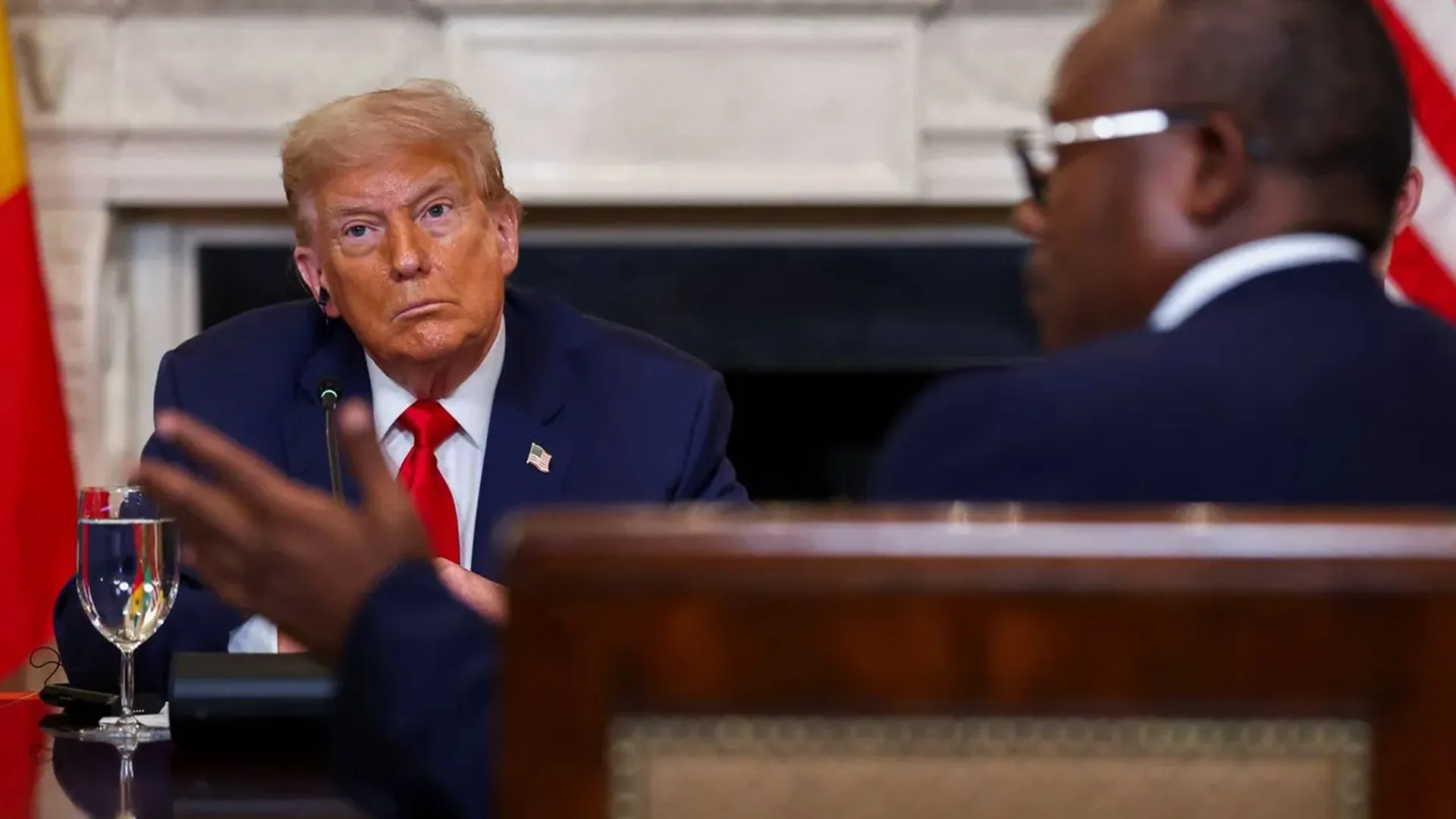New York City’s 2025 Pride Parade saw a shift this year in sponsorship. The 55th annual event, themed “Rise Up: Pride and Protest,” honoured the 1970 inaugural march following the Stonewall riots. However, it also reflected growing concerns over rollbacks in diversity, equity, and inclusion (DEI) initiatives.
Corporate support wanes amid nationwide DEI backlash
According to co-chair Kazz Alexander, NYC Pride experienced a $750,000 drop in sponsorships. However, Alexander remained optimistic, adding, “We’ve actually raised $110,000 in just the last couple of days from 250 unique sponsors. So that demonstrates how much people are willing to commit to this cause and how much we’re all coming together.”
NBC News reported that organizers of other top Pride events across the U.S. lost between $200,000 to $350,000 in corporate funding each. A 2025 Gravity Research survey found that 39% of corporations are cutting back on external Pride engagement—up from just 9% in 2024.
Luke Hartig, president of Gravity Research, explained, “Sixty-five percent of our respondents said that they feared backlash in some way to their Pride engagement.” He added that companies pointed to the Trump administration and conservative consumer activism as the main reasons behind the pullback.
LGBTQ Community Responds with Pride
For many attendees, the drop in sponsorships felt personal. Norman Trotter, who just moved from Los Angeles, expressed his disappointment: “[I’m] hurt, you know, because we are also supporting these companies… It’s painful.”
Sophia Huf, another first-time NYC Pride participant, added, “It hurts a little bit… Now that they’re kind of pulling back on that DEI, it hurts. It feels like a betrayal.”
Despite the cutbacks, tens of thousands still turned out. “We need to show people that we’re here, we’re not going away… We have pride in ourselves and our community,” Trotter said.
As political pressure rises, so does community resolve. The Supreme Court’s recent ruling allowing Maryland parents to opt out of LGBTQ-themed classroom content only adds to the urgency. And yet, in cities like Budapest—where Pride is outright banned—over 100,000 still marched, proving this movement refuses to be silenced.






















